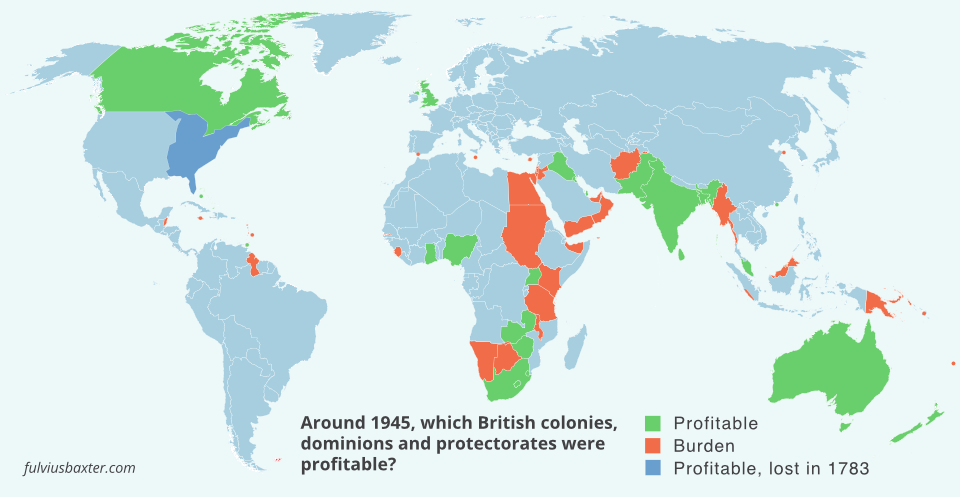 In Sweden, immigration has been sold as a win-win situation for society, at least in the past, that migrants would get jobs and contribute to taxes and growth. They would also take care of our elderly, as well as contribute cultural enrichment. A win for all of us.
In Sweden, immigration has been sold as a win-win situation for society, at least in the past, that migrants would get jobs and contribute to taxes and growth. They would also take care of our elderly, as well as contribute cultural enrichment. A win for all of us.
DI (Sweden’s largest financial daily) has been warning for years that the pension cost for foreign-born is a bombshell. The low self-sufficiency rate of foreign-born is expected to have a significant impact on government spending. The most important debate on pensions should be how to get these people into work, writes Janerik Larsson.
Most people with common sense have long since seen through the “win scam”. However you calculate it, immigration is rarely a win-win situation.
Even labour immigration does not necessarily result in additional social benefits. And there may be several reasons, such as the children of immigrants choosing to return to their home country after completing their education (paid for by Swedish taxpayers). Then it becomes a weaker investment for society. Or that they take the opportunity to bring their old grandparents, who then live on a pension, paid for by the same Swedish taxpayers.
Labour immigration is actually most profitable if the immigrant comes to Sweden at a young age, and uses as little as possible of the Swedish welfare system, and after a few years goes back home again. Then any costs can be offset by the fact that she will not receive a Swedish pension, or at least a very low one.
Moreover, to believe that refugee immigration will generate benefits for society is, pardon the language, quite retarded. As the refugee may already be ill, injured etc. from the start, and may not even be suited to Swedish working life, either in terms of education, language or cultural background.
Refugee immigration and labour immigration are two completely different things. According to the UN refugee resolution, one can of course demand that the refugee eventually supports herself, but there is really no remedy if she does not. Should we threaten to send her back home, from where she fled, and from where she was given refuge?
This becomes a moral problem, especially in Sweden where everything is supposed to exude goodness, combined with a fear of conflict and an extremely poor understanding of social economics etc.
Now we have a group of people – probably hundreds of thousands – who cannot support themselves and who, moreover, after the age of 65 will need extra support in the form of a pension for the rest of their lives. Not only did it not turn out to be a win-win situation, it will be a huge burden instead. A tough situation for Swedish taxpayers.







